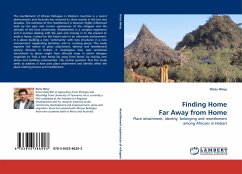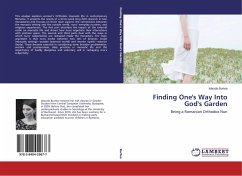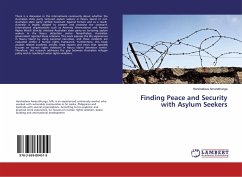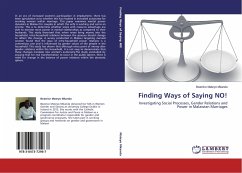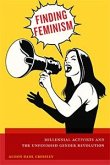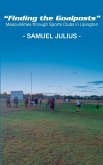The resettlement of African Refugees in Western countries is a recent phenomenon and Australia has received its share mainly in the last two decades. The outcome of this resettlement is however highly influenced both by the past and current experiences of the refugees and the attitude of the host community. Resettlement is a complex experience and it involves dealing with the past and moving in to the present to make a home, a place for the future even in an unhomely environment. It is about building a new community' with new structures in a new environment; negotiating identities; and re- creating places. This study explores the notion of place attachment, identity and resettlement among Africans in Hobart. It investigates how past emotional attachment to places might have affected ways in which refugees negotiate to find a new home far away from home' by making new places and building communities. The central question that this study seeks to address is how past place attachment and identity affect the place making process and resettlement.
Bitte wählen Sie Ihr Anliegen aus.
Rechnungen
Retourenschein anfordern
Bestellstatus
Storno

